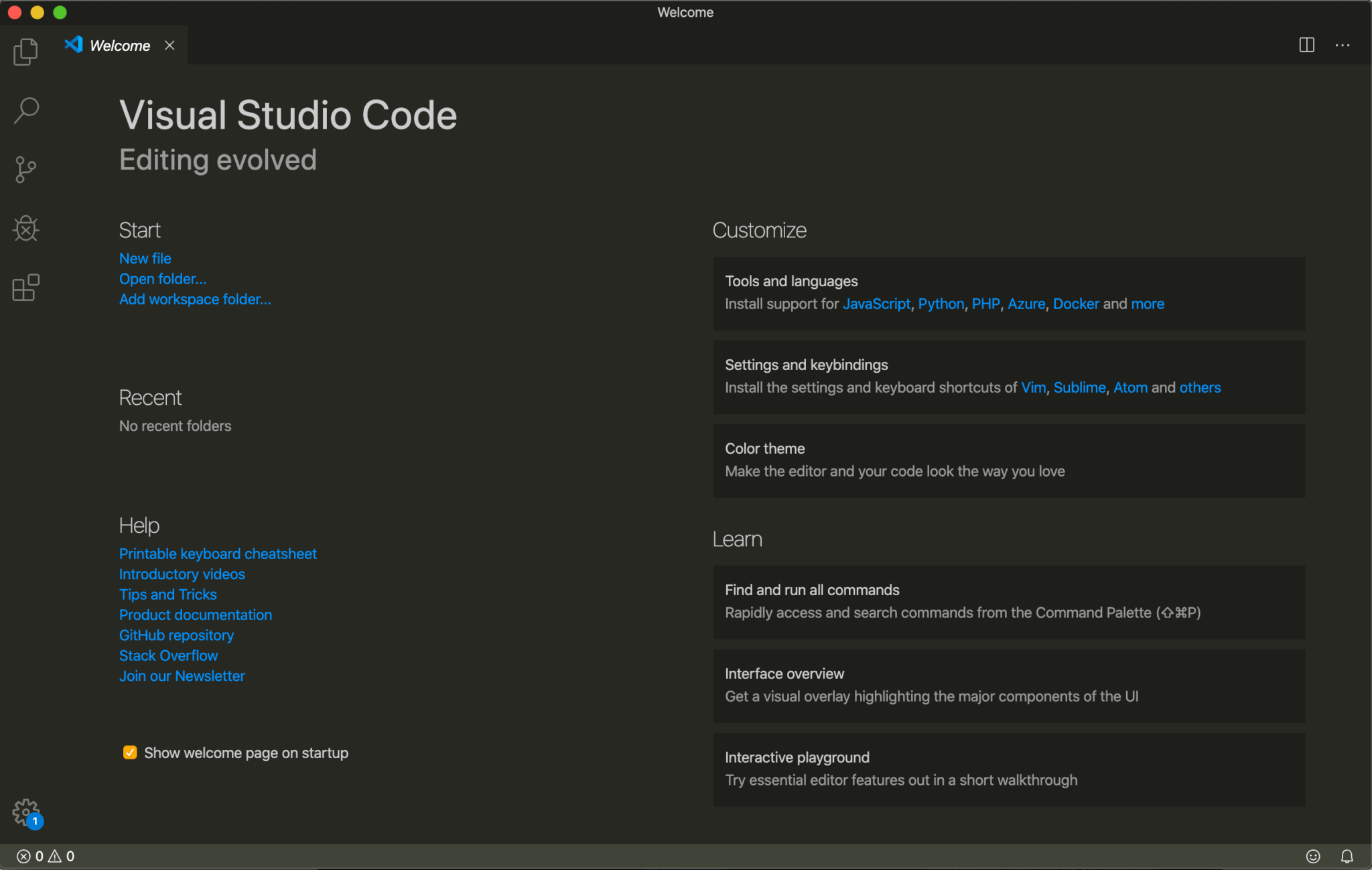

GitKraken is a cross-platform GUI for Git that simplifies and streamlines Git processes, especially when I need to use different machines other than my trusted Ubuntu laptop. Fast as lightning and easy-peasy – two things I’m sure we all value.Īnd thanks to the GitLab integration offered by GitKraken, you can share all of your awesome code with your team members in the blink of an eye. With GitKraken you can: work with GitLab pull requests, perform code reviews, perform Git rebase, Git cherry pick, and other cool stuff with just a few clicks, and without a browser. So you can speed up your workflow just like me. During these months, I have learned a lot and used various tools to streamline my work.įor this post, I will talk about how I use the GitKraken Git GUI with GitLab, running on Ubuntu, because both tools have an awesome integration. It’s been 6 months since I started at Pipefy as a Young Gun Tech. GitKraken GUI + GitLab = awesome workflow Basically, if you’re using Git, you’re going to use GitHub at some point.This article was written by a guest author. Regardless of which hosting service you or your team choose to use for day-to-day work, having a GitHub account and engaging on the platform is encouraged for any developer using Git because of the expanse of open source code available. Even if you’re working on a personal project all by yourself, it’s still a good idea to backup your code by pushing your work to a remote location. – Jenny Bryan, Happy Git and GitHub for the user If you have no idea what I’m talking about, think of as DropBox but much, much better. As industry expert Jenny Bryan explains in her white paper: See how Git Hosting Services fit into the DevOps lifecycle. Popular hosting services include the hosted and self-hosted versions of GitHub, GitLab, Azure DevOps, and Bitbucket, all of which are supported by the GitKraken Git GUI. Before getting started with Git, you will need to decide where to host your repositories.


 0 kommentar(er)
0 kommentar(er)
